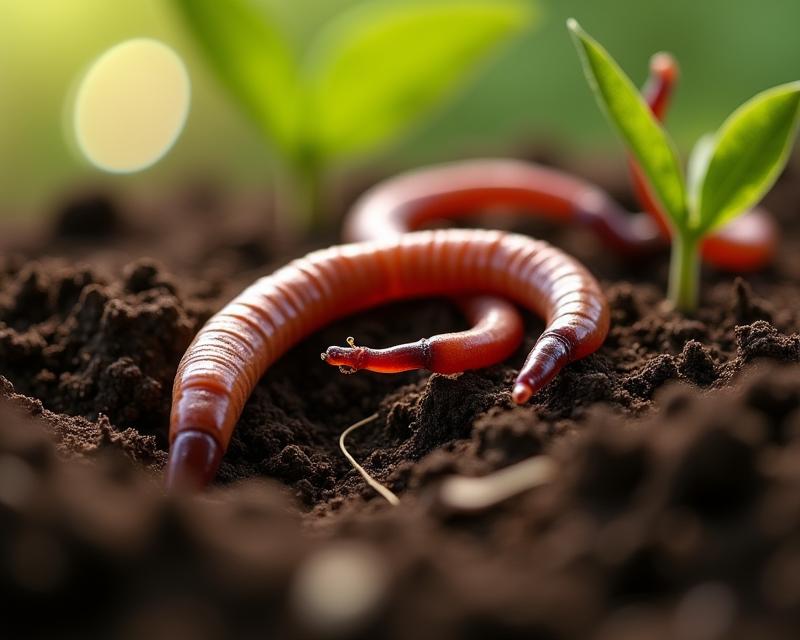Healthy Soil: The Foundation of Farming
Publish in Sustainable Farming el 28/06/2025 22:16
Healthy Soil: The Foundation of Farming
Healthy soil is the bedrock of any successful farm. It's far more than just dirt; it's a complex ecosystem teeming with life that directly impacts crop yields, water retention, and overall farm resilience. Ignoring soil health is like building a house on a shaky foundation – eventually, problems will arise. Fortunately, building healthy soil naturally is achievable with the right practices. This article explores key strategies for creating a thriving soil environment that will benefit your farm for generations to come.

The Importance of Soil Biology
At the heart of healthy soil lies a vibrant community of microorganisms – bacteria, fungi, protozoa, and nematodes. These organisms play crucial roles in nutrient cycling, breaking down organic matter, and suppressing plant diseases. A diverse microbial population enhances soil structure, improves water infiltration, and makes essential nutrients more readily available to plants. Without a healthy soil food web, plants struggle to thrive, even with optimal irrigation and fertilization. Focusing on practices that support these beneficial organisms is paramount.
Key Practices for Building Healthy Soil
Several natural practices can significantly improve soil health. **Cover cropping** is a cornerstone, planting crops specifically to improve soil structure, prevent erosion, and add organic matter. **No-till farming** minimizes soil disturbance, preserving soil structure and reducing erosion. Adding **compost and manure** provides essential nutrients and feeds the soil microbiome. **Crop rotation** helps break pest and disease cycles and improves nutrient balance. Finally, incorporating **mulch** helps retain moisture, suppress weeds, and slowly release organic matter as it decomposes.
Long-Term Benefits & Monitoring
Investing in soil health is an investment in the future of your farm. Healthy soil leads to increased crop yields, reduced reliance on synthetic fertilizers and pesticides, and improved water infiltration, making your farm more resilient to drought and flooding. Regularly monitoring your soil's health through simple tests (like soil texture and organic matter content) can help you track progress and adjust your practices as needed. By prioritizing soil health, you're building a sustainable foundation for a thriving farm and a healthier planet.





